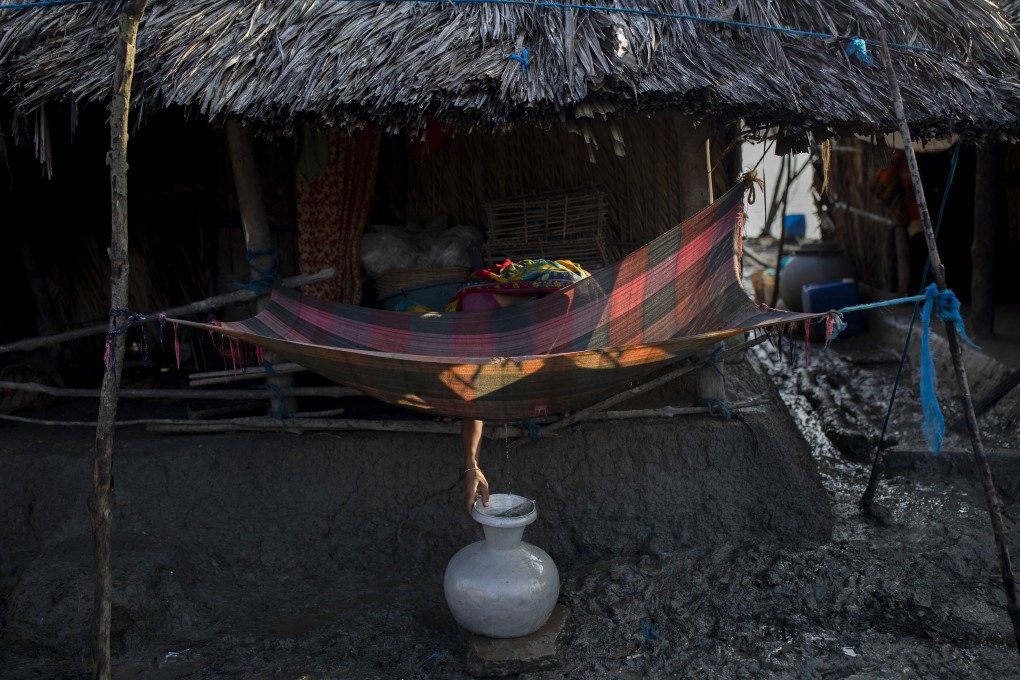Advertisement
Letters | Climate crisis vs access to safe water: which is the more inconvenient truth?
- Health authorities have encouraged people to wash their hands regularly to prevent the spread of Covid-19, but 40 per cent of the world doesn’t even have basic handwashing facilities at home
Reading Time:2 minutes
Why you can trust SCMP
0

What is an “inconvenient truth”? Is it the issue of global warming and climate change, raised powerfully in the 2006 documentary by a former US vice-president, who passionately talked about rising sea levels, melting of ice caps and glaciers, and the increase in greenhouse gas emissions?
The phrase “inconvenient truth” has waned in popularity since then, and more recently the issue of climate change took a back seat with the emergence of the coronavirus pandemic. However, it is in the public eye again with the recent virtual summit on climate change involving 40 world leaders.
The Covid-19 pandemic has preoccupied the world for the past two years, infecting more than 149 million people and killing 3.1 million. With mass vaccination in some countries since the beginning of the year, a ray of hope is emerging. But access to Covid-19 vaccines remains largely restricted to rich countries amid a lack of global solidarity in efforts to combat the pandemic that has been criticised by the World Health Organization.
Health authorities globally promote handwashing as a precaution against the transmission of the coronavirus, but the big question is: where is much of the world’s population supposed to find this clean water? About 40 per cent of the global population lives without basic handwashing facilities at home and 29 per cent does not even have access to safe drinking water.
Waterborne diseases are a leading killer globally; 1.2 million people died in 2017 because of unsafe water, making up 2.2 per cent of global deaths – or about 6 per cent of deaths in low-income countries.
Advertisement
